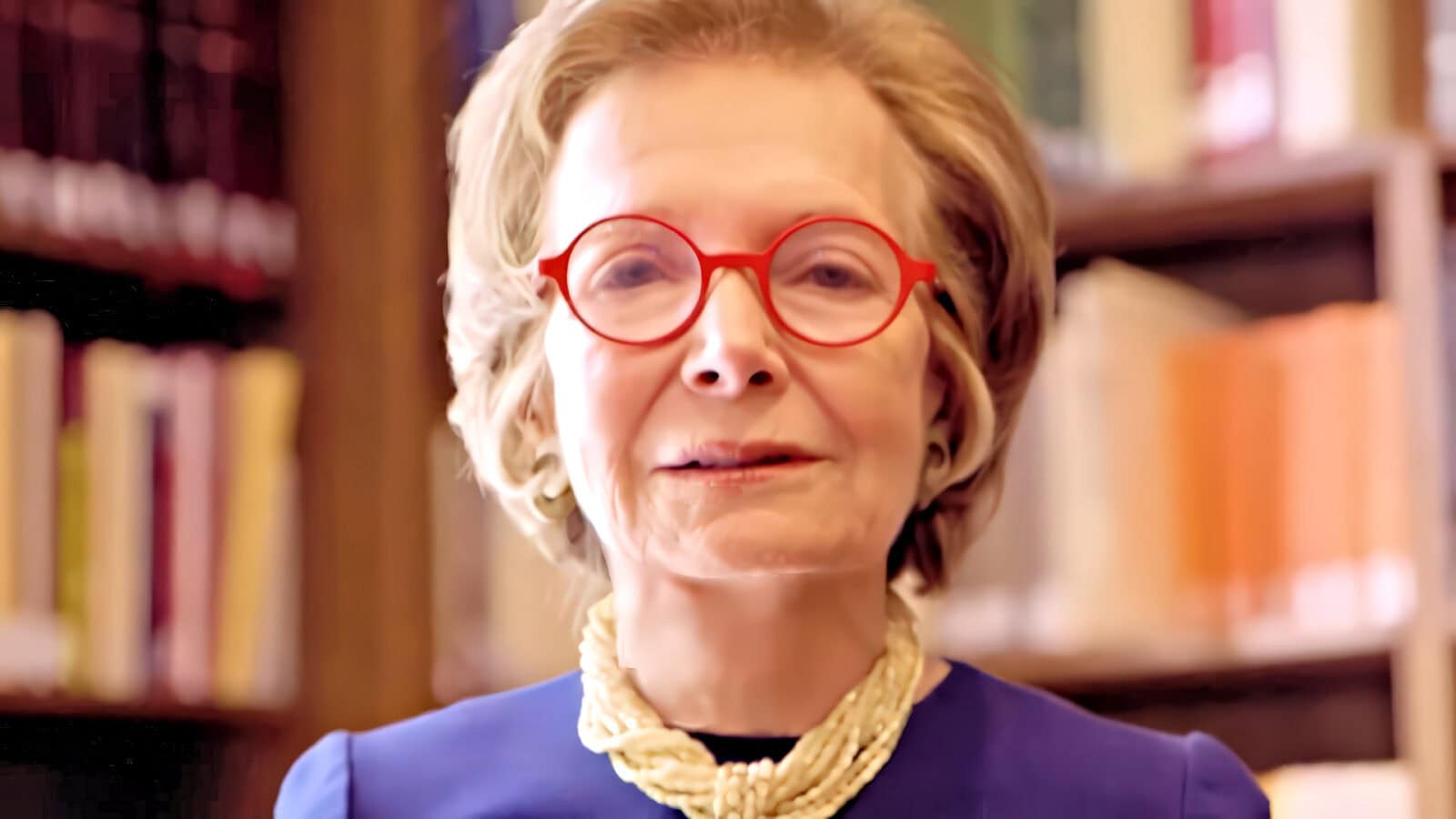$10 million latest gift from philanthropist Shelby White to fund four new ecological projects preserving 350 acres of natural woodlands

Shelby White, the widow of financier and philanthropist Leon Levy, has made another transformative mark on her native Brooklyn.
Through the Leon Levy Foundation, she has announced a $10 million endowment to the Prospect Park Alliance to ensure the long-term ecological care and sustainability of Prospect Park’s 350 acres of natural areas, including the borough’s last remaining upland forest and its only lake.
The new Shelby White and Leon Levy Woodlands Endowment will fund four new ecological gardeners dedicated to maintaining critical woodland zones such as the Ravine and Lakeside—areas that have suffered from climate stress, invasive species, and most recently, a devastating two-acre fire that scorched parts of the Ravine in late 2024.
For White, who grew up in Brooklyn and remembers playing in the park as a child, the gift is deeply personal. “Prospect Park was my childhood playground,” she said.
“We are delighted that this endowment gift will help ensure that generations of children will continue to experience the wonder and natural beauty of Brooklyn’s magnificent park.”
That sense of continuity—linking her own memories to future generations—is characteristic of White’s philanthropy, which blends nostalgia, civic pride, and a sharp understanding of how enduring institutions are built. Rather than one-time checks or ceremonial gestures, she favors endowments that sustain people and programs for decades.
This is the second major act of generosity from the Leon Levy Foundation toward Brooklyn’s beloved park. In 2008, it gave another $10 million to restore the lake shoreline, an investment that produced the Shelby White and Leon Levy Esplanade and the Chaim Baier Music Island—projects that helped revive the 19th-century vision of landscape architects Frederick Law Olmsted and Calvert Vaux.
That earlier gift was physical and aesthetic, rebuilding the park’s grand design; the new endowment is ecological and operational, ensuring that the living systems—trees, water, soil, and the skilled gardeners who tend them—will thrive in perpetuity.
Prospect Park is not just an ornamental green space but a vital urban ecosystem.
The Alliance, a nonprofit that has already invested more than $15 million in restoring meadows, woodlands, and waterways, says that with the new funds it will be able to double down on biodiversity and climate resilience.
This fall alone, staff and volunteers plan to plant nearly 3,000 native trees, shrubs, and flowers—including American Holly, Wild Geranium, and Woodland Phlox—to replenish the scorched areas and strengthen the park’s natural defenses. The endowment also provides the staffing capacity to protect those plantings long after the first ceremonial shovelful of soil.
To those who know her, Shelby White’s devotion to Brooklyn’s cultural and natural life is neither sudden nor symbolic.
Since the death of her husband in 2003, she has led the Leon Levy Foundation with a steady hand, turning it into one of New York’s most respected philanthropic institutions. Under her guidance, the foundation has supported museums, libraries, gardens, and archaeological research around the world.
Yet her giving often circles back home—to the borough where she was born and where she and Levy once walked together.
“Shelby is a Brooklyn hero,” said Morgan Monaco, president of the Prospect Park Alliance. “Her support of the park and a range of Brooklyn cultural organizations has transformed our borough and reflects her strong ethos of philanthropy to the causes she holds dear.”
That ethos, grounded in care and continuity, animates every element of this new gift.
The decision to establish an endowment rather than a project grant ensures that the funding will generate income indefinitely, paying for salaries, supplies, and plantings far into the future.
It is an approach that recognizes that the health of a park depends not only on capital improvements but on the daily labor of those who tend to it—the unseen gardeners who keep the soil alive and the trees upright. In an era of climate volatility and stretched city budgets, such foresight is rare and invaluable.
The symbolism of this act also carries weight beyond Brooklyn. It demonstrates a model of urban philanthropy that is both local and visionary—anchored in place yet attuned to global environmental challenges.
By endowing the park’s woodlands, Shelby White has effectively endowed a living classroom in biodiversity, resilience, and community well-being. In a city where so many gifts go to buildings and institutions that bear a name on a façade, this one invests in roots, literally and figuratively.
For the countless Brooklynites who jog its trails, picnic under its oaks, or find quiet amid its meadows, the impact of White’s generosity will unfold season by season, as new saplings grow and new stewards join the ranks of those caring for the park. It is the kind of philanthropy that resists spectacle but endures through results—a gift that, like the park itself, will keep growing.

